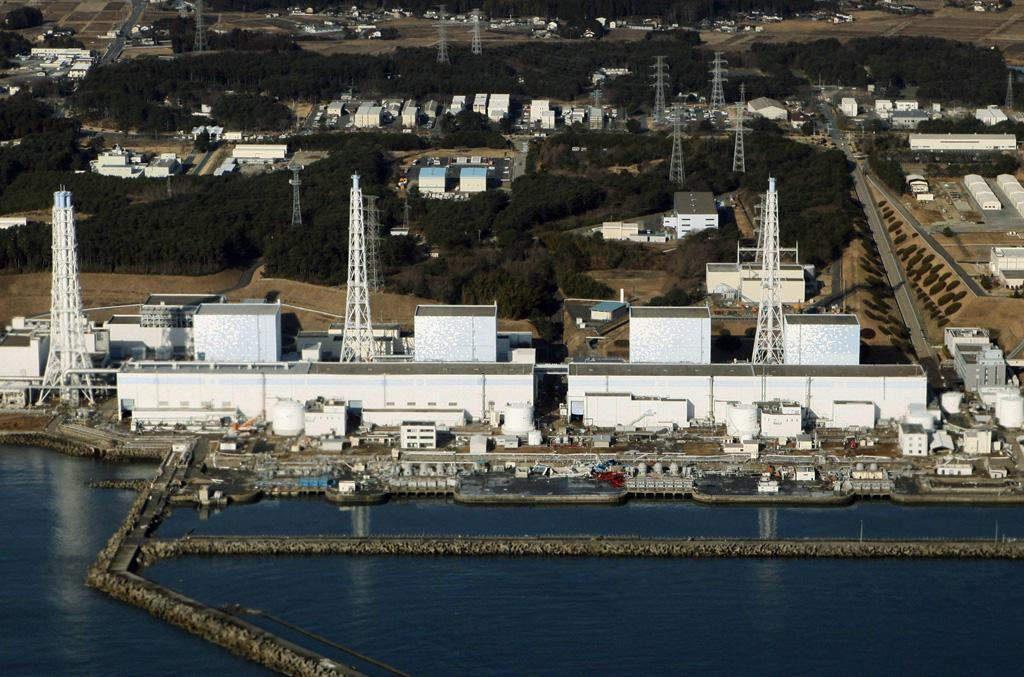Nuclear power in the US
An aerial view shows the quake-damaged Fukushima nuclear power plant on March 12, 2011.
Japan's nuclear situation took another dark turn today after a second explosion occurred at a reactor at the Fukushima Dai-ichi power plant, some 150 miles north of Tokyo.
Aside from the obvious human drama now unfolding in Japan, the quake-tsunami-nuclear disaster has raised new questions about the risks (and benefits) of nuclear power, not only in Japan but in other places around the world.
One of those places, of course, is the U.S., which gets about 20 percent of its energy needs from nuclear power.
CNNMoney has this excellent overview of the nuclear situation in the U.S., making it today's must-read backgrounder on the subject.
Here are some of the most salient points that I've pulled from the CNN report:
- The U.S. has 104 non-military nuclear reactors operating at 65 plants across the country. In addition, there are dozens of reactors, weapons labs and other nuclear facilities associated with national defense.
- Most of the civilian plants are located near major population centers. They currently supply about 20 percent of the nation's power.
- There hasn't been a new nuclear plant commissioned in the U.S. since the Three Mile Island meltdown in Pennsylvania in 1979, although dozens that were under construction at the time have come on line.
- The government has set aside $18 billion for new nuclear plants, and President Obama wants to spend an additional $36 billion.
- Federal regulators are reviewing 20 applications to build new nuclear plants, and several existing facilities have applied to extend their operating licenses.
Japan's ongoing disaster is sure to raise more questions about the cost and, of course, safety measures associated with nuclear power in the U.S.
The Nuclear Regulatory Commission, the U.S. government agency charged with ensuring that safety, told CNNMoney that all is well:
"NRC's rigorous safety regulations ensure that U.S. nuclear facilities are designed to withstand tsunamis, earthquakes and other hazards," the spokesperson told CNN.
Every day, reporters and producers at The World are hard at work bringing you human-centered news from across the globe. But we can’t do it without you. We need your support to ensure we can continue this work for another year.
Make a gift today, and you’ll help us unlock a matching gift of $67,000!
